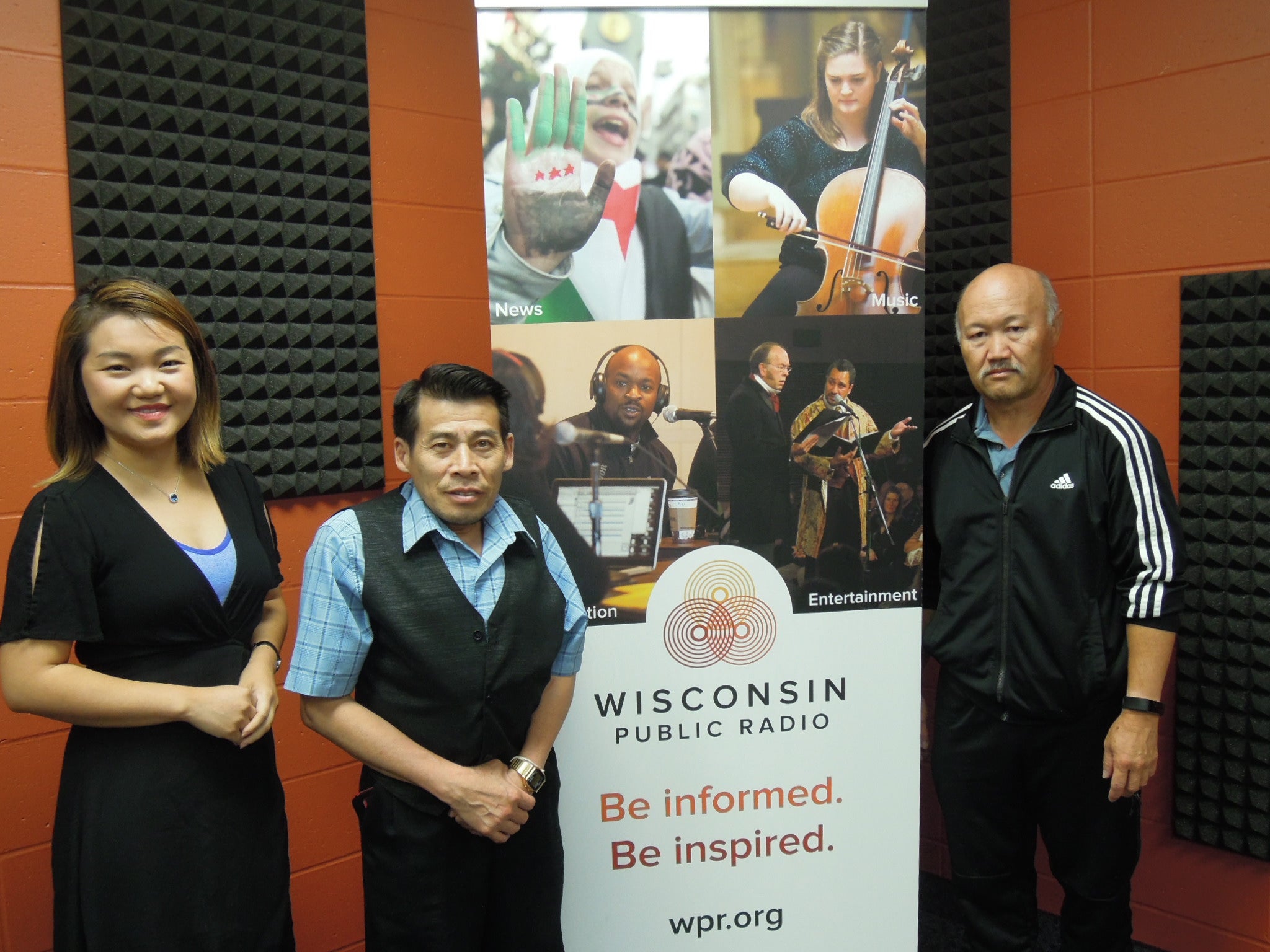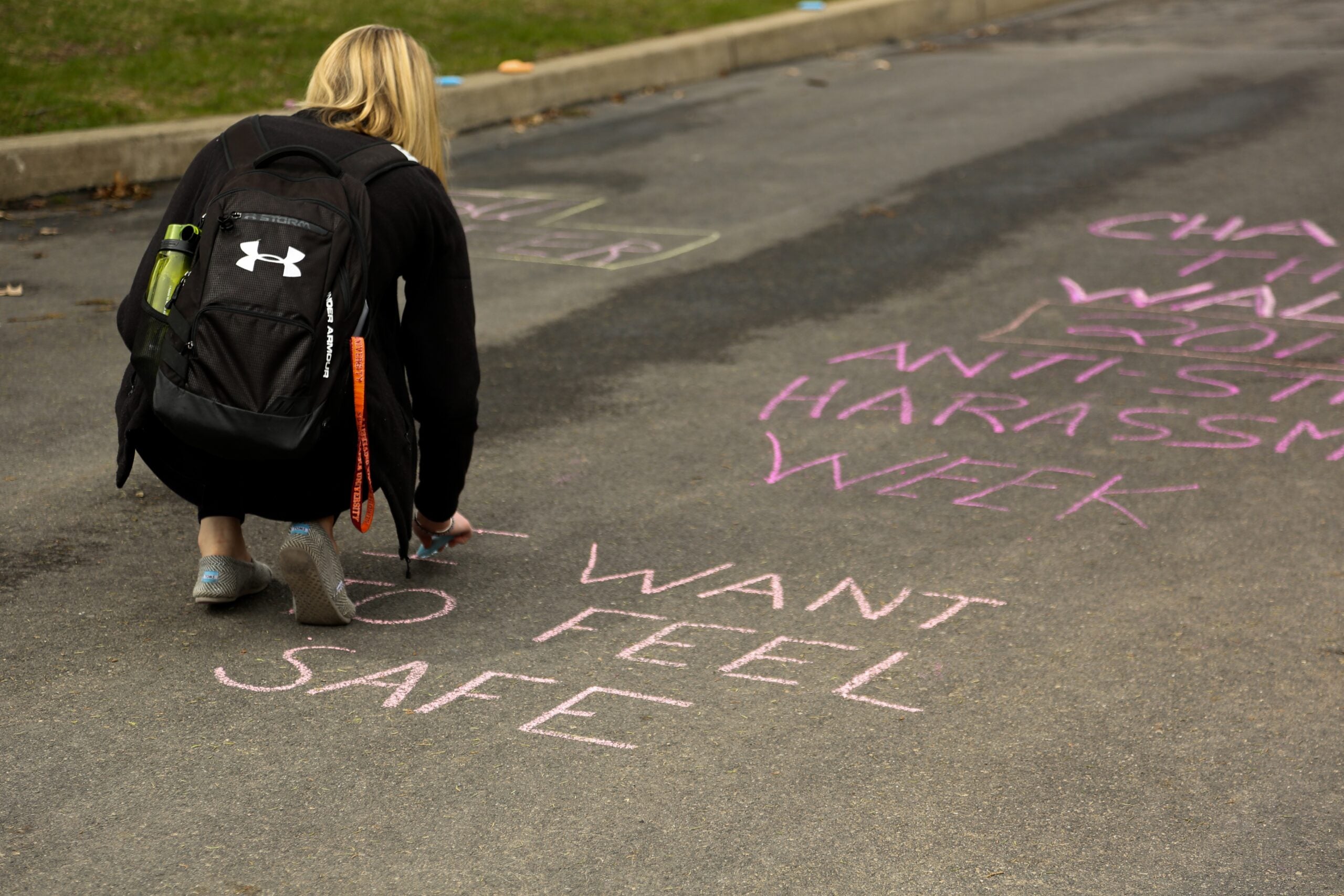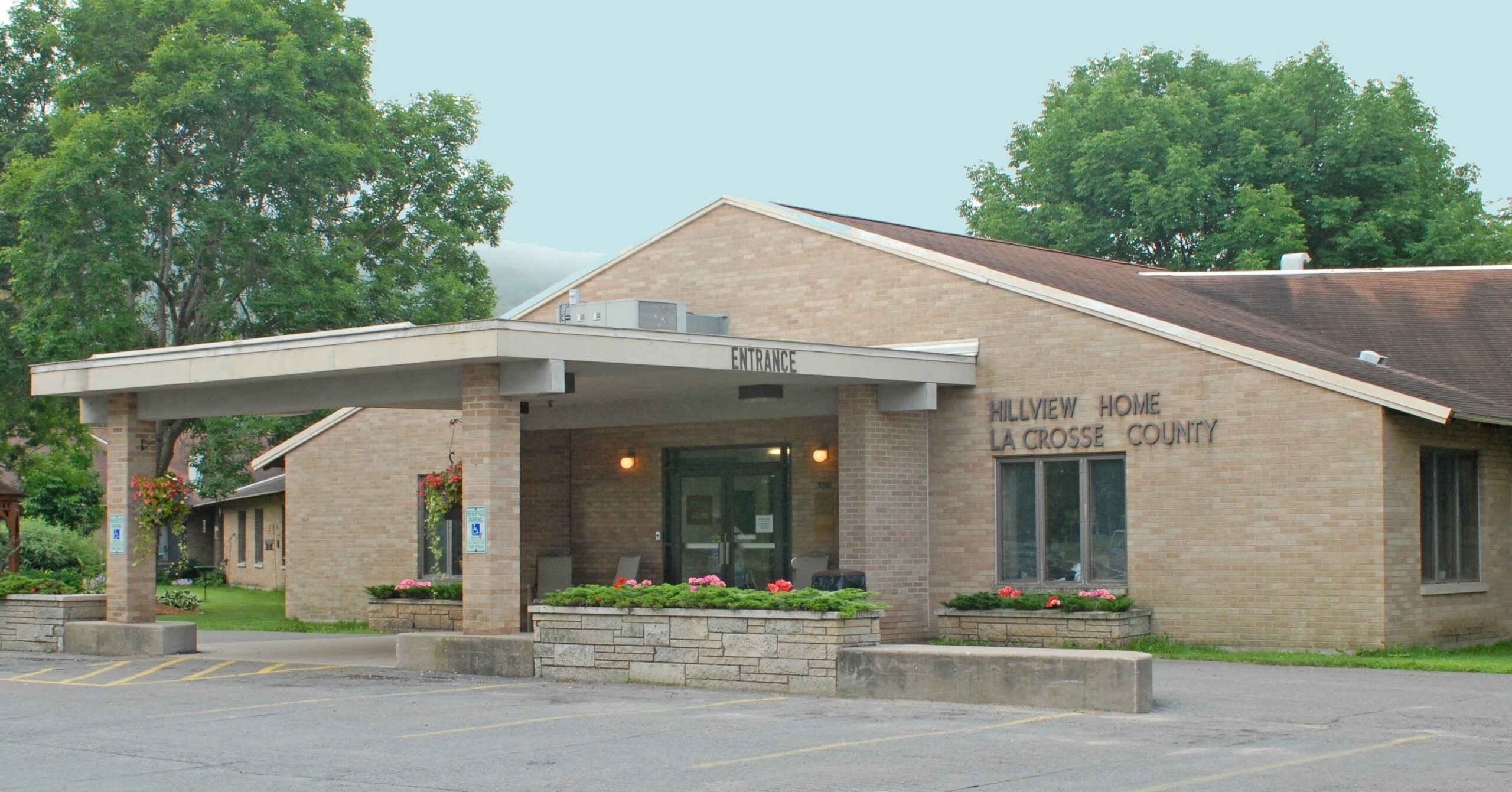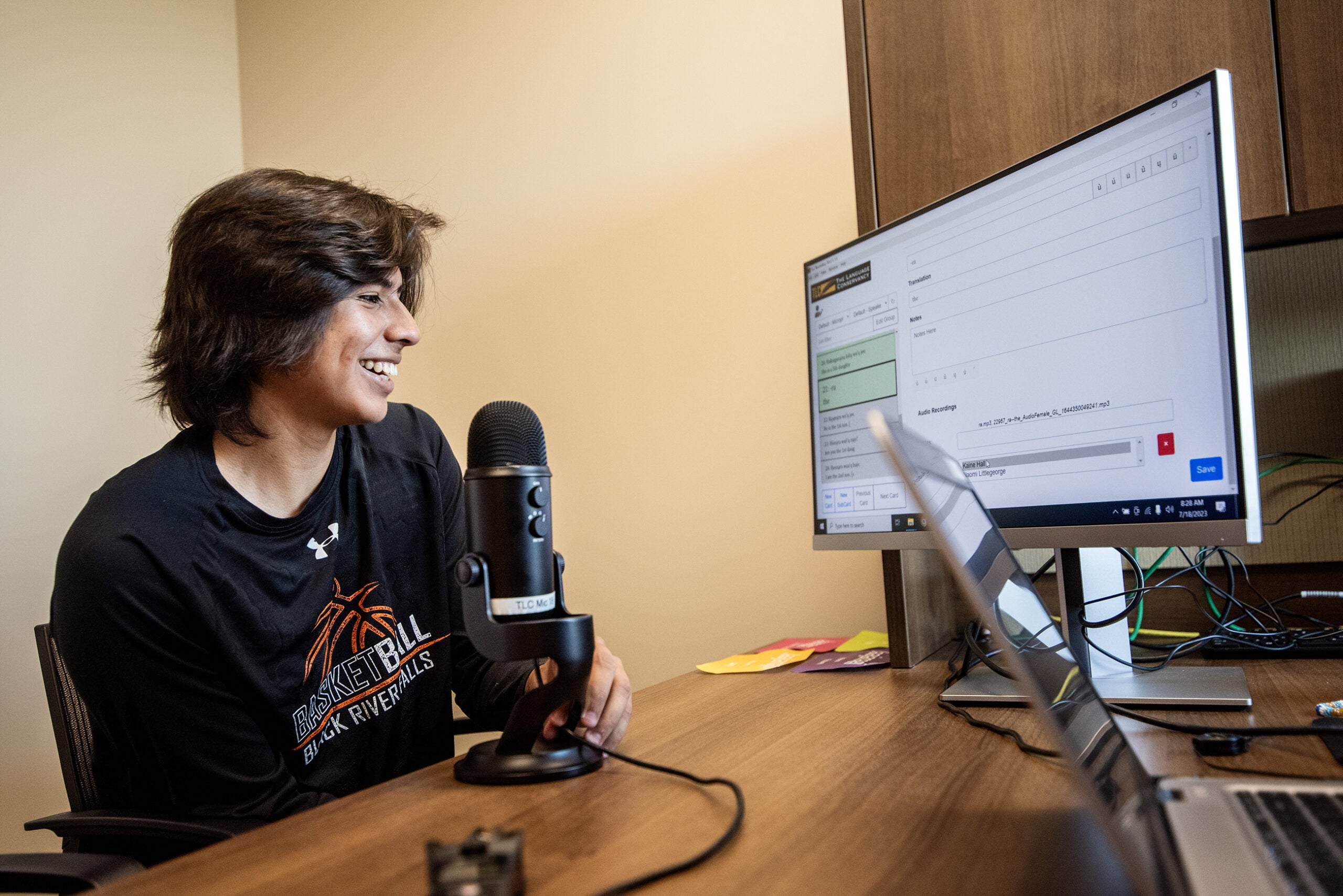Members of multiple generations of Hmong immigrants who settled in the La Crosse area say language has consistently remained one of the biggest challenges to their community.
A 2015 report by the University of Wisconsin Applied Population Laboratory and the University of Wisconsin-Extension, counted more than 47,000 Hmong people living in Wisconsin in 2010 — the largest of any Asian ethnic group in the state. The growth of Wisconsin’s Hmong population began after the Vietnam War when they were given asylum after helping the U.S. fight communist forces.
Chong Cher Lee was a teenager when his family moved from Laos to Beaver Dam in 1976 after being sponsored by a Lutheran church. There were no English as a second language classes in his school so Lee had to start his U.S. education at a fifth-grade level.
They moved to La Crosse five years later and he graduated high school in 1984. Following graduation he went on to get a chemistry degree from the UW-La Crosse. He said as a first-generation Hmong immigrant, language and job opportunities were his biggest hurdles.
“Over the years, many of us have taken advantage of the education, the opportunity we were seeking in America,” Lee said. “Some of us have become entrepreneurs and that’s a good thing for the community and we want to contribute.”
Lee has owned his own business in La Crosse for 16 years and has served on the area United Way board of directors.
Mai Shoua Vang is one generation younger than Lee. She was born in a refugee camp in Thailand in the mid-1990s and moved to the United States at the age of one.
She’s concerned younger generations of Hmong people are losing appreciation for their culture and history. Vang said there are concerns the Hmong language could cease to exist around the world in the next 50 years.
“Now the story has flipped for young people,” she said. “It’s that they either don’t know the Hmong language as well, or they don’t know it at all, and so (the) language barrier for Hmong families now is actually between youth and their parents or their grandparents.”
Vang is program director for Cia Siab, Inc., an organization working with Hmong youth to preserve the language and culture.
“A lot of (Hmong) parents, their mindset is ‘because I had a language barrier, because I faced this persecution, because I faced this racism in this area,’ it’s better if my kids assimilate. It’s better if my kids can learn English and speak it really well, because that is what success is and that’s how they’re going to achieve it,” she said.
Lee said he’s also concerned that Hmong children have become too “Americanized” and that after 40 years of living in the U.S., there is a significant generation gap in the Hmong community.
“I think we have a language barrier too, not just between English and Hmong, but even in the Hmong language we also have barriers because of the generational difference,” he said.
Vang said she had problems growing up in La Crosse, and in working with young people today she sees similar problems that each generation of Hmong residents has faced.
“I don’t think that we have solved all our issues yet. Our young people are still struggling with identity. They’re still struggling with racism. They’re still struggling with poverty and I think that’s a real problem for the La Crosse area,” she said.
The community is holding its first-ever La Crosse Area Hmong History Day, Saturday, June 23, at the Hmoob Cultural and Community Agency in La Crosse. It’s billed as a chance to commemorate the accomplishments and challenges of the Hmong community in the past, present and future.
– John Davis
Episode Credits
- Hope Kirwan Host
- John Davis Producer
- Mai Shoua Vang Guest
- Chongcher Lee Guest
- Xao Vang Guest
Wisconsin Public Radio, © Copyright 2024, Board of Regents of the University of Wisconsin System and Wisconsin Educational Communications Board.




